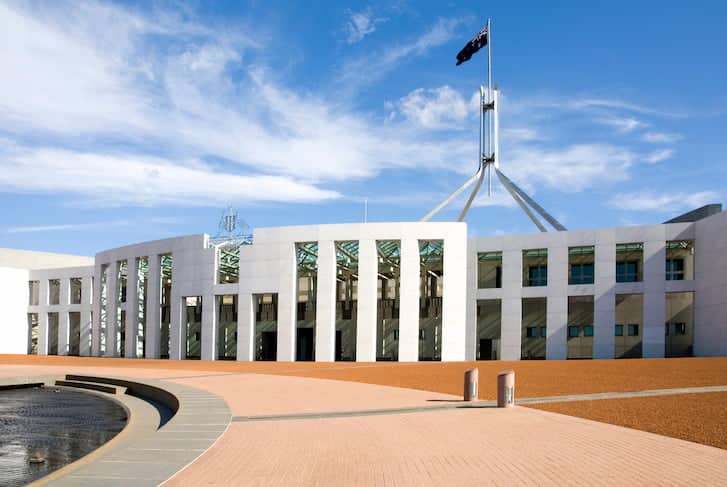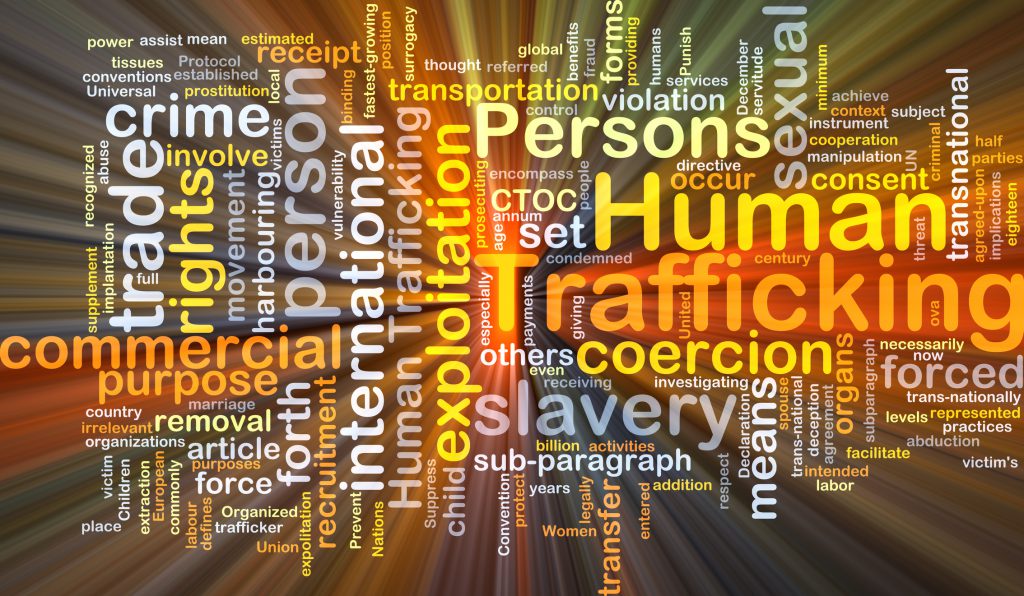Changes to the Modern Slavery Act 2018 are expected after a report shows business is in an “early phase of a long journey” to combat modern slavery practices.

If the recommendations are accepted into the Act, they are expected to substantially strengthen Australia’s efforts to combat modern slavery as well as increase due diligence and reporting requirements for more businesses.
The report identifies three main weaknesses to the Act:
- The standard of modern slavery reporting is variable;
- The reporting obligation is not properly enforceable; and
- The process is at risk of being drowned by a sea of large and incompatible statements.
It does not state if the Act achieved its aim of making a difference in combatting modern slavery, writing “there is no hard evidence that the Act has caused meaningful change for people living in conditions with modern slavery”.
However, other positive impacts are evident among businesses, such as cultural change and how it raised awareness in the business community and Australian society to address domestic and global slavery challenges.
“In time, the impact of the Act in achieving its people-centred objective could be expected to grow,” the report states.
Recommendations made to Government
The review makes 30 recommendations to strengthen the Act to ensure it meaningfully tackles modern slavery, both domestically and abroad, including:
- Introducing penalties for non-compliance with statutory reporting requirements
- Lowering the reporting threshold from $100 million to $50m
- Requiring entities to report on modern slavery incidents or risks
- Amending the Act to require entities have a due diligence system in place
- Strengthening the administration of the Act through proposed legislative amendments and expanded administrative guidance
- Proposing functions for the federal Anti-Slavery Commissioner in relation to the Act.
Criticism of the Act
The Act is heavily criticised by the Human Rights Law Centre (HRLC) which released an independent report, claiming businesses are failing to comply with modern slavery laws, including identifying obvious risks and taking action on forced labour in their supply chains.
The HRLC report, which was considered as part of the Government’s report along with feedback from 284 other organisations, examines statements from 102 companies submitted to the Federal Government’s Modern Slavery Register.
All companies sourced products from four sectors with known risks of modern slavery: garments from China, rubber gloves from Malaysia, seafood from Thailand and fresh produce from Australia. The report states:
- 77% of companies are failing to address all mandatory reporting criteria in their statements;
- 52% are failing to identify obvious modern slavery risks in their operations and supply chains;
- Only 27% of companies demonstrate some form of effective action to address modern slavery risks in their operations and supply chains.
“The Modern Slavery Act was meant to drive a ‘race to the top’ by business to address modern slavery in global supply chains, but our research indicates most companies have barely left the starting blocks,” says Freya Dinshaw, Human Rights Law Centre Senior Lawyer.
“Many companies have published modern slavery statements, but when you drill down into the detail, many aren't even at the point of identifying the most obvious risk areas in their supply chains, let alone taking meaningful action to address them.
“It is increasingly apparent that reporting alone is not going to be enough to drive fundamental change. If the Government is serious about eliminating modern slavery, it must strengthen the Modern Slavery Act to make it enforceable and require companies to take action.”
How can businesses prepare?
It is important for all businesses to note that even if they are not earning $50m a year in revenue, they must still be aware of the Act and their obligations under it.
If a smaller business is a supplier or contractor to a larger business, they will still need, as a minimum, a modern slavery policy and a detailed understanding of their supply chains.
Businesses can prepare by:
- Reviewing or updating your modern slavery policy;
- Until new government templates and the proposed online portal become available, draft or review your modern slavery reporting templates;
- Map out your supply chains;
- From the map, identify the risks;
- If risks are too great, consider the possibility of changing suppliers; and
- If you need to change suppliers, review your contracts to determine how you can terminate them.
Want advice on this or other commercial legal matters? Get in touch on (08) 9365 7746 or via [email protected].
This article is authorised by Business Law WA, an incorporated legal practice and wholly owned subsidiary of CCIWA. The contents of this article is general in nature and is not legal or professional advice and should not be relied upon as such.












